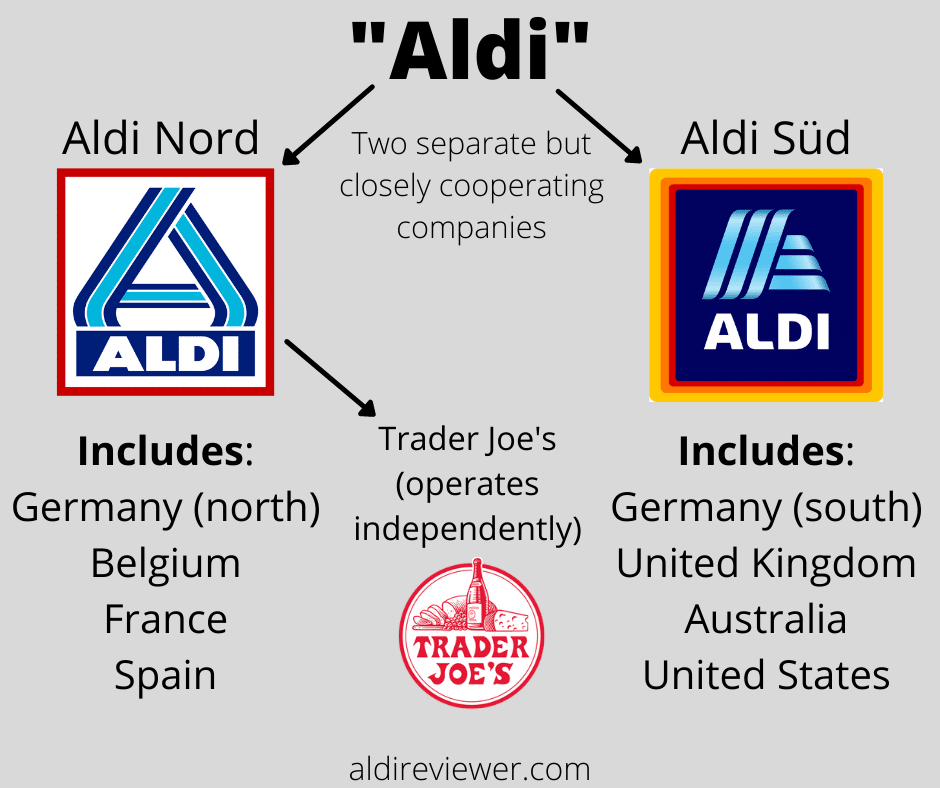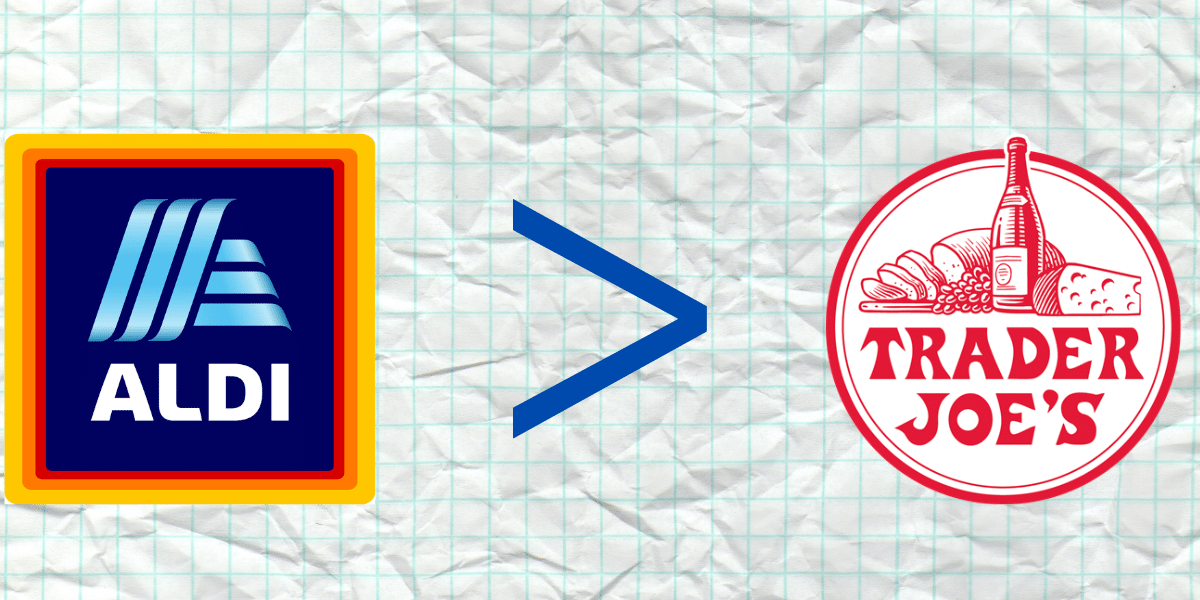Trader Joe’s is well known as a quirky, eclectic grocery store. From the South Pacific-inspired design to the checkout workers who apparently double as therapists, TJ’s enjoys a cult following. The grocer is also a distant cousin to Aldi US — Trader Joe’s operates as an independent subsidiary of Aldi Nord, while Aldi US is owned by Aldi Süd. Nord and Süd are known to cooperate in many ways overseas, although that cooperation doesn’t appear to extend to the United States, as Aldi and Trader Joe’s behave like your typically competing grocers.
Trader Joe’s works hard to curry an upbeat and customer-friendly vibe. One publication acknowledges just that … before making some serious allegations about how TJ’s does business with its suppliers.
TASTE is an online magazine devoted to cooking and food culture. It’s not a small outlet — it’s owned by multinational publishing company Penguin Random House, which in turn is owned by German-based multinational conglomerate Bertelsmann.
On April 1, 2024, TASTE published a lengthy piece about Trader Joe’s and its dealings with companies that make ethnic foods. One of its central claims emerges early on:
After six months of conversations with five founders of small to midsize food brands, it appears to be an open secret in the consumer packaged goods industry that Trader Joe’s outsources inspiration for new products by targeting emerging brands under the guise of recruiting them to manufacture private-label items.
The article proceeds to document conversations with several suppliers that said they were approached by Trader Joe’s about partnering to sell their ethnic foods, including Indian simmer sauces, Malaysian foods, and Chinese spices. In each case, the suppliers claim that Trader Joe’s would solicit them for recipes and samples, only to later back out of the potential deal, citing the supplier’s price. One supplier TASTE interviewed says that “Trader Joe’s hides behind price to sandbag negotiations with small brands.”
According to TASTE, Trader Joe’s would later release dupes of the suppliers’ products under one of its house brands — presumably created by one of TJ’s larger-scale third party manufacturers. The dupes, the article says, would contain similar ingredients and similar packaging, but at lower price points than the smaller suppliers say they could meet.
The magazine reached out to Trader Joe’s.
Responding to a request for comment about the allegations of copycatting alleged by multiple sources in this article, a Trader Joe’s spokesperson wrote: “When we develop our products, we meet with many potential producers to determine which can best deliver on food safety, production capacity, product quality, and price. We are proud of our long history of supporting vendors and their growth with us. For a range of reasons, we are unable to work with every company we contact and realize our decisions to not pursue certain products can be disappointing.”
TASTE responds by saying that what TJ’s does is unusual in the industry. According to the magazine, its sources “share years of extensive experience collaborating with other major food retailers, including companies that also offer private label products in their stores like Costco, Target, and Whole Foods.” Those sources “all described Trader Joe’s shadowy tactics as an outlier in the industry.”
So what to make of all of this?
Trader Joe’s, like its parent company, is famously secretive about its business operations, something TASTE magazine also notes. What we do know is that Trader Joe’s is a very profitable company, bringing in more profit per square foot of space of any grocer in America. For that reason, we’re not entirely surprised that the grocer would have a reputation for being aggressive in its dealings with suppliers. We’re not entirely surprised that TJ’s would shamelessly imitate the products or packaging of other brands: most shoppers know TJ’s does that with respect to other brands, including national brands. (Aldi also famously imitates the formulas and packaging of other brands.)
The suppliers, of course, feel like Trader Joe’s acted in bad faith, soliciting information for free before turning out its own knockoff product. And TASTE notes that the optics don’t look good, quoting one supplier who said that “they’re specifically doing this to diversity brands, or so-called ethnic brands.”
We’ll leave it up to readers to judge how they feel about all of this. If nothing else, this story serves as a cautionary tale to small companies with unique products who are approached by larger companies.
You can read TASTE’s article in its entirety here.





